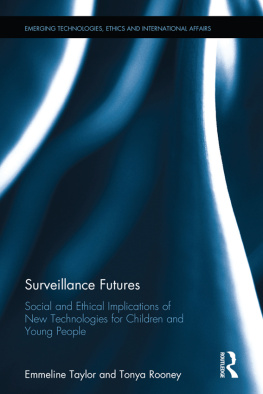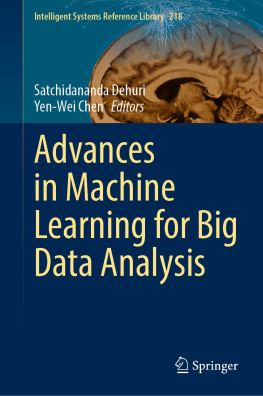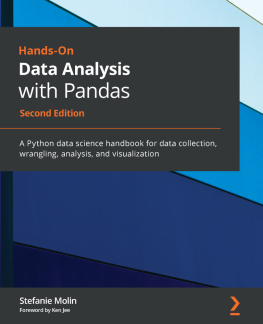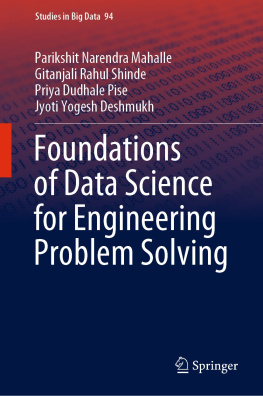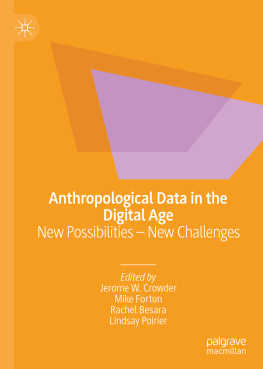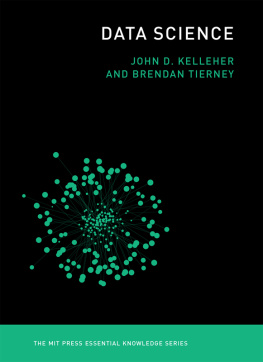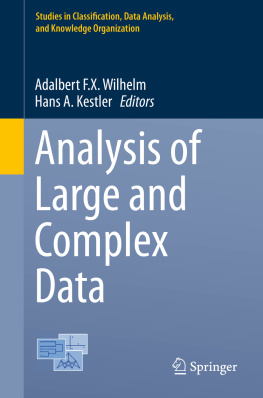
Bioinformation Worlds and Futures
This book sets out to define and consolidate the field of bioinformation studies in its transnational and global dimensions, drawing on debates in science and technology studies, anthropology and sociology. It provides situated analyses of bioinformation journeys across domains and spheres of interpretation. As unprecedented amounts of data relating to biological processes and lives are collected, aggregated, traded and exchanged, infrastructural systems and machine learners produce real consequences as they turn indeterminate data into actionable decisions for states, companies, scientific researchers and consumers. Bioinformation accrues multiple values as it transverses multiple registers and domains, and as it is transformed from bodies to becoming a subject of analysis tied to particular social relations, promises, desires and futures. The volume harnesses the anthropological sensibility for situated, fine-grained, ethnographically grounded analysis to develop an interdisciplinary dialogue on the conceptual, political, social and ethical dimensions posed by bioinformation.
EJ Gonzalez-Polledo teaches anthropology at Goldsmiths, University of London. They are the author of Transitioning: Matter, Gender, Thought, and are currently developing research on global open biology movements and global histories of bioinformation.
Silvia Posocco is an anthropologist based at Birkbeck, University of London. Posocco is the author of Secrecy and Insurgency: Socialities and Knowledge Practices in Guatemala. Current projects include research on the archives of transnational adoption in the aftermath of genocide as well as new collaborative work on global histories of bioinformation.
Routledge Studies in Anthropology
Time and Its Object
A Perspective from Amerindian and Melanesian Societies on the Temporality of Images
Edited by Paolo Fortis and Susanne Kchler
The Cultural Economy of Protest in Post-Socialist European Union
Village Fascists and their Rivals
Juraj Buzalka
Youth Culture and Identity in Northern Thailand
Fitting In and Sticking Out
Anjalee Cohen
Surfaces
Transformations of Body, Materials and Earth
Edited by Mike Anusas and Cristin Simonetti
Mambila Divination
Framing Questions, Constructing Answers
David Zeitlyn
Suckling
Kinship More Fluid
Fadwa El Guindi
Amerindian Socio-Cosmologies between the Andes, Amazonia and Mesoamerica
Toward an Anthropological Understanding of the IsthmoColombian Area
Edited by Ernst Halbmayer
https://www.routledge.com/Routledge-Studies-in-Anthropology/book-series/SE0724
First published 2022
by Routledge
2 Park Square, Milton Park, Abingdon, Oxon OX14 4RN
and by Routledge
605 Third Avenue, New York, NY 10158
Routledge is an imprint of the Taylor & Francis Group, an informa business
2022 selection and editorial matter, EJ Gonzalez-Polledo and Silvia Posocco; individual chapters, the contributors
The right of EJ Gonzalez-Polledo and Silvia Posocco to be identified as the authors of the editorial material, and of the authors for their individual chapters, has been asserted in accordance with sections 77 and 78 of the Copyright, Designs and Patents Act 1988.
All rights reserved. No part of this book may be reprinted or reproduced or utilised in any form or by any electronic, mechanical, or other means, now known or hereafter invented, including photocopying and recording, or in any information storage or retrieval system, without permission in writing from the publishers.
Trademark notice: Product or corporate names may be trademarks or registered trademarks, and are used only for identification and explanation without intent to infringe.
British Library Cataloguing-in-Publication Data
A catalogue record for this book is available from the British Library
Library of Congress Cataloging-in-Publication Data
A catalog record has been requested for this book
ISBN: 978-0-367-40945-6 (hbk)
ISBN: 978-1-032-14082-7 (pbk)
ISBN: 978-0-367-81003-0 (ebk)
DOI: 10.4324/9780367810030
The editors acknowledge the generous support of the following institutions for our collaborative and individual bioinformation-related projects: Gonzalez-Polledo and Posocco, Data Worlds and Futures: Archives, Bioinformation and Evidence, Wellcome Trust Small Grant, 2019; Gonzalez-Polledo and Posocco, Birkbeck/Wellcome Trust Institutional Strategic Support Fund (ISSF), Conference and Symposia Fund, 2019; Posocco, Person, Substance, Bodily Capacity: Transnational Adoption and Surrogacy in Times of Violence and Crisis, Birkbeck/Wellcome Trust Institutional Strategic Support Fund (ISSF), 20162017. We are grateful to Katherine Ong, Routledge Anthropology, for the enthusiasm she expressed for the idea of this book project and the authors for accepting our invitation and persevering with the project in Covid-19 times.
Anisha Chadha is an anthropologist whose work explores the production of biomedical technologies in South Asia and the US, particularly focusing on how caste and gender dynamics inform sites of clinical experimentation. Her research and teaching interests include critical studies of biomedicine, and the intersection of ethnographic methods with contemporary design and engineering training. She is currently a PhD candidate at New York University.
Resto Cruz is Lecturer in Social Anthropology at the University of Edinburgh. His work centres on how lives and relationships unfold over time, the traces that accumulate in their wake, and how they are shaped by, and generate, wider historical transformations. His interests include social and geographical mobility, siblingship, birth cohort studies, life course epidemiology, the Philippines, and the UK.
Laura Fenton is Research Associate in the School of Health and Related Research at the University of Sheffield. She completed a PhD in sociology at the University of Manchester in 2018 on the place of alcohol in the day-to-day lives of three generations of British women born between the 1940s and the 1990s. Her research interests include youth, gender, the life course, and creative biographical methods.
EJ Gonzalez-Polledo teaches anthropology at Goldsmiths, University of London. They are the author of Transitioning: Matter, Gender, Thought, and are currently developing research on global open biology movements and global histories of bioinformation.
Anna Jabloner teaches in the Department of Anthropology at Harvard University. She is an anthropologist with research interests in genetics, biomedicine, identity, ethnographies of the United States, and feminist, queer, and critical race theory. Her work explores different uses of, and imaginations about, genetic technologies across clinic, industry, law and criminology in the US.
Jongmi Kim is Senior Lecturer at Coventry University, UK. Jongmis research covers a wide range of subjects from postcolonial media studies to constructing womens identities through cosmetic surgery in South Korea. Recently, she has extended her research interests to the area of co-shaping mobile technology and media representation in Japanese society.


